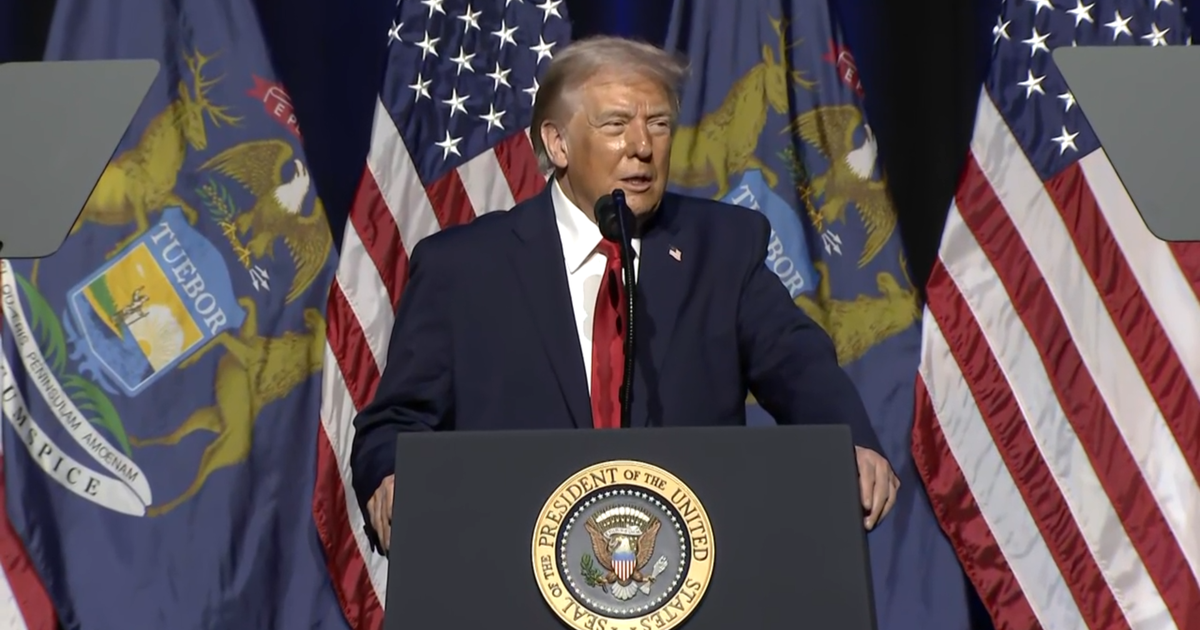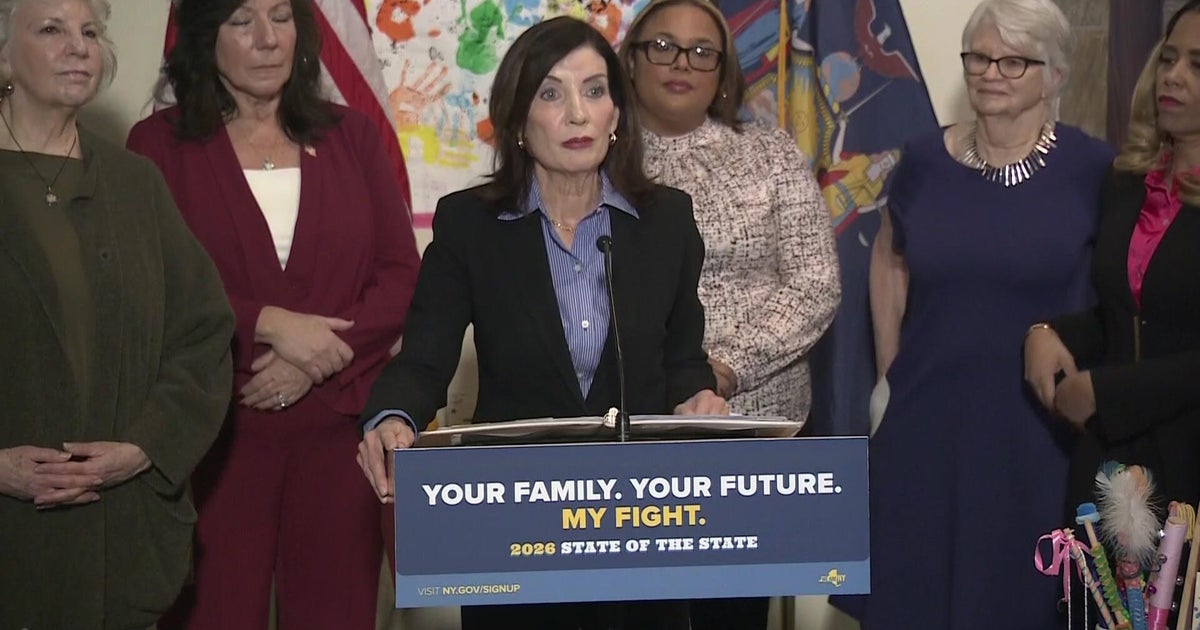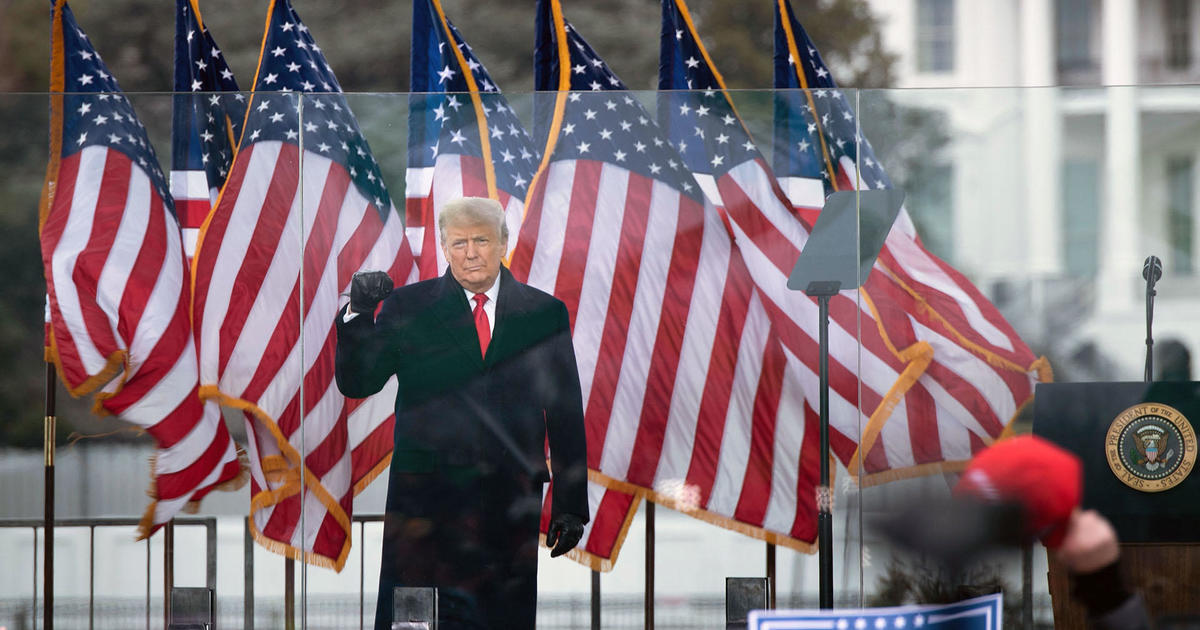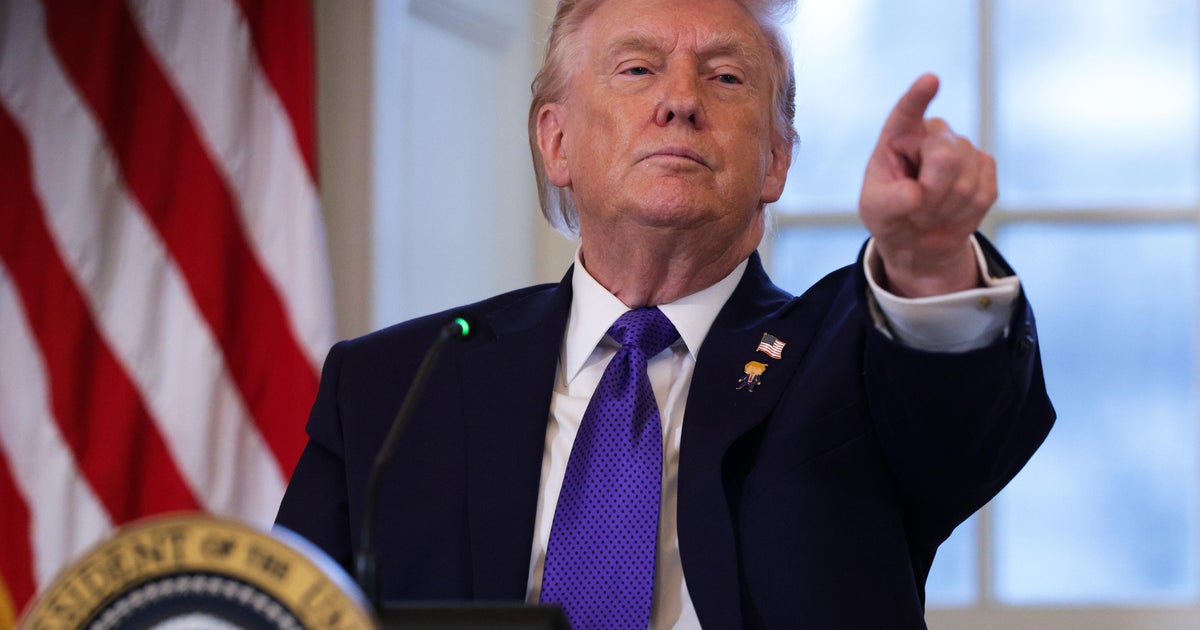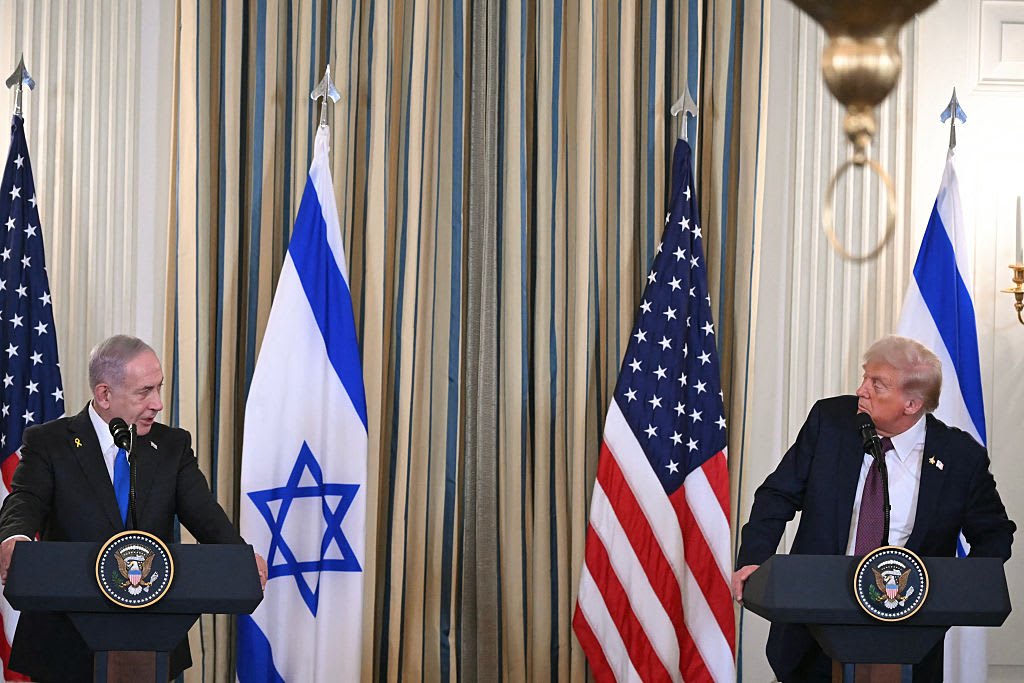Trump wants China to cut trade deficit by $200 billion by 2020
Striking an assertive position, the Trump administration has asked China to reduce its trade deficit with the U.S. by $200 billion by the end of 2020.
A U.S. official confirmed the authenticity of a document making that and other requests that were presented to China ahead of two days of trade talks that ended Friday. The official spoke on condition of anonymity due to the confidential nature of the talks.
Earlier, President Donald Trump had said he wanted Beijing to cut the chronic U.S. trade deficit, which Washington says stood at a record $375.2 billion last year, by $100 billion.
The four-page list from the U.S. side also included demands that China immediately stop providing subsidies to industries listed in a key industrial plan. The list also includes a demand that China end some of its policies related to technology transfers, a key source of tension underlying the dispute.
A U.S. delegation of top Trump administration officials arrived in Beijing on Thursday for talks with Chinese officials on defusing tensions that are propelling the world's two largest economies toward a trade war. The delegation included Treasury Secretary Steven Mnuchin, Commerce Secretary Wilbur Ross and U.S. Trade Representative Robert Lighthizer.
Mr. Trump tweeted earlier this week that the team's goal was to "negotiate a level playing field."
China's Commerce Ministry did not mention the U.S. demands in a comment about the talks Friday.
The document is described in an introductory disclaimer as being provided to the Chinese ahead of the visit this week for the trade talks.
The Commerce Ministry said Chinese and American officials meeting in Beijing agreed to set up a mechanism to try to work through their dispute, though differences remain, Chinese state media reported.
The two sides "reached consensus in some areas," the official Xinhua News Agency said. It did not provide specifics, an indication that no specific breakthroughs were reached.
"Both sides realized that there are still relatively big differences over some issues and that they need to continue to work hard to make more improvements," the report said.
The two sides discussed expanding U.S. exports to China, trade in services, the protection of intellectual property rights and how to resolve the use of tariffs and non-tariff measures, Xinhua said.
There was no immediate comment from the U.S. delegation. A motorcade was seen leaving the U.S. Embassy in Beijing on Friday afternoon. The group was expected to depart in the evening.
The list of U.S. demands was first reported by The Wall Street Journal on Friday.
Earlier Friday, U.S. Treasury Secretary Steven Mnuchin sounded a positive note about the two days of talks, saying that they were having "very good conversations."
The group led by Mnuchin included Commerce Secretary Wilbur Ross, U.S. Trade Representative Robert Lighthizer and White House trade advisor Peter Navarro, a fierce China critic. But the officials are seen as holding conflicting views on how to resolve the dispute. That could have undermined their ability to negotiate with the Chinese.
His administration has threatened to impose new tariffs on roughly $150 billion in Chinese goods. China in turn announced plans for its own tariffs on U.S. goods.
It was unclear if the talks had cleared the air enough to stave off such potentially damaging moves and alleviate uncertainty for investors and businesses likely to be affected but such measures.
Separately, the Commerce Ministry said the U.S. officials had agreed during the talks to raise China's objections to sanctions leveled against Chinese telecom gear maker ZTE with President Donald Trump.
China strenuously objected when the U.S. last month banned American companies from selling technology to ZTE for seven years, calling that unfair.
ZTE pleaded guilty in March 2017 and agreed to pay a $1.19 billion penalty for having shipped equipment to Iran and North Korea in violation of U.S. regulations. The U.S. Commerce Department said employees involved were paid bonuses instead of being punished.
